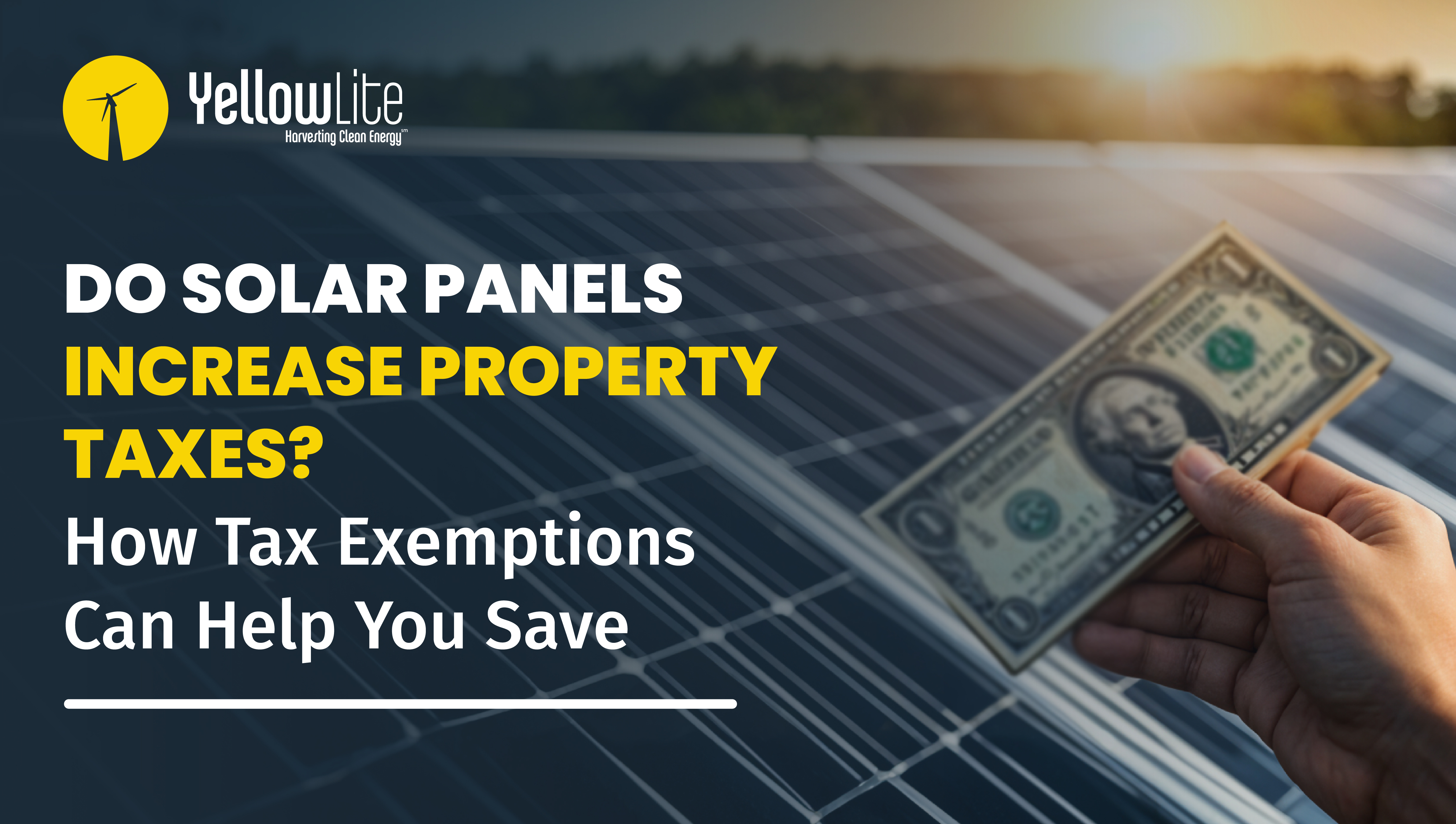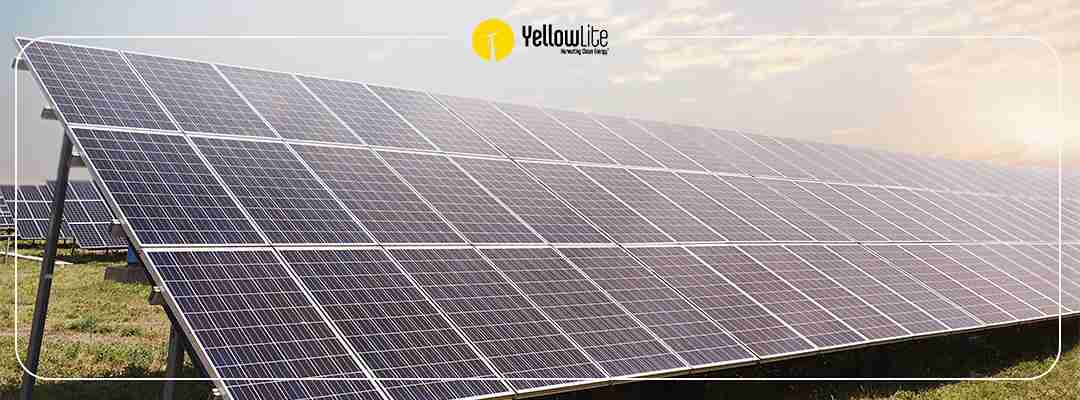Solving a Growing Problem
In the wake of increasingly serious and frequent natural disasters, world leaders are looking for solutions that tolerate ever-evolving obstacles. Energy is a distinctly challenging field, as the most common sources are the very substances that contribute to climate change. On March 1, 2020, CBS News aired a 60 Minutes special piece about the effects Hurricane Dorian caused in the Bahamas. More and more countries are embracing the financial, environmental, and reliable benefits of solar power.
Consequences of Chaos
Natural disasters such as the intense Hurricane Irma (2017) and Hurricane Dorian (2019) have caused prolonged trauma to places like the Caribbean islands. Both storms raged against small islands and created chaos by ripping apart buildings, throwing vehicles, and laying waste to both natural and man-made structures such as electrical power grids. The local communities affected have had to organize rehabilitation efforts for months after these events, which proved particularly difficult while the government as well as emergency services were without power.
Creating a Durable Solution
After the devastating Hurricane Irma in 2017, Bahamian Prime Minister, Hubert Minnis, was determined to introduce an alternative energy solution that would prevent his country from having to endure periods of indefinite power loss. What better way to combat nature than with nature? Instead of continuing to rely on traditional fossil fuel power, Minnis announced a solar initiative centered on one of the most drastically affected areas, Ragged Island. The first solar micro grid in the green experiment is a ground-mount array, structured low to the ground and built to withstand the force of 180mph winds, making it resilient to hurricane damage. The system, designed to produce enough energy for the entire island, will provide local citizens with more reliable electricity as well as drastically reduced energy costs.
The Solar Advantage
Traditional energy prices fluctuate due to factors such as resource scarcity and transportation costs. For example, islands in the Bahamas have typically used generators that require fuel that's been transported from hundreds of miles away. The fuel prices vary based on how accessible the source is, while the transportation costs depend on transport method as well as weather - which can defer delivery altogether. Solar energy derives from the free resource of sunlight, requires no transporting, and can even be stored in solar batteries for a back-up supply. Not only does this create a simpler energy generation process, it also reduces energy bills to a fraction of the traditional methods.
The Bahamas now aims to generate 30% of the country's electricity from renewable energy sources like solar power by 2030. Solar power has proven its true worth time and time again. Now, as we face the more serious consequences of fossil fuel dependency, more leaders are recognizing the value of clean energy sources like solar power.



